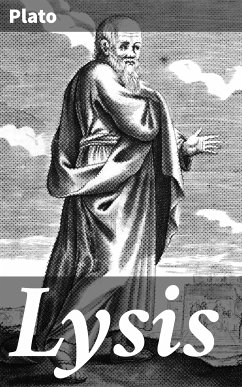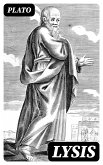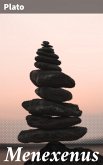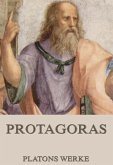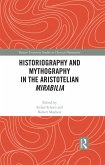In "Lysis," Plato explores the intricate nature of friendship and the philosophical implications of love through a dialogue that features Socrates conversing with two young men, Lysis and Menexenus. The work is characterized by its dialectical method, where philosophical inquiry unfolds through a series of probing questions and answers. The dialogue reflects Plato's Socratic style, emphasizing the importance of defining terms and seeking truth, while delving into themes of desire, identity, and the essence of true friendship in the context of Athenian society. This text serves as a critical examination of the connections between individuals and the ideal forms that govern human relationships. Plato (c. 428/427'Äì348/347 BCE) was a seminal figure in Western philosophy, a student of Socrates, and the founder of the Academy in Athens. His engagement with ethics, metaphysics, and epistemology profoundly shaped philosophical thought. "Lysis" can be seen as a reflection of his own experiences within the socio-political landscape of Athens, where friendships were often intertwined with public life, thus providing both an intellectual inquiry and a personal reflection on the nature of companionship. I highly recommend "Lysis" to readers interested in the philosophical exploration of interpersonal relationships. Plato's incisive dialogue challenges us to reflect on our own friendships and the deeper meanings of love and loyalty. Engaging with this text will not only enrich your understanding of ancient philosophy but also offer timeless insights into the human condition.
Dieser Download kann aus rechtlichen Gründen nur mit Rechnungsadresse in A, B, BG, CY, CZ, D, DK, EW, E, FIN, F, GR, H, IRL, I, LT, L, LR, M, NL, PL, P, R, S, SLO, SK ausgeliefert werden.

